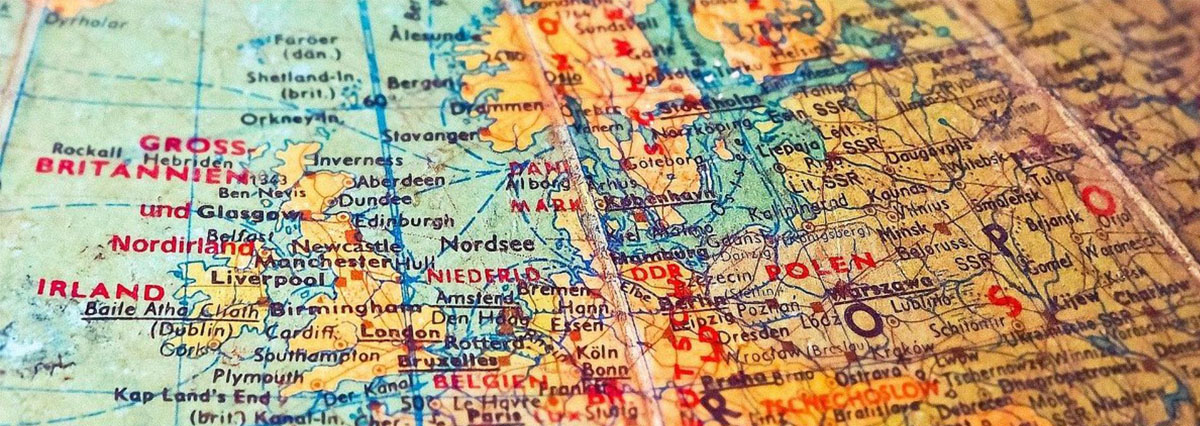Imagine a country that is changing rapidly, where the young generation represents 51% of the voters in the next election. Imagine a country where growth is often hard to get in real time but is there. This is Nigeria. Remember that Nigeria’s GDP grew by +89% overnight in April 2014 after data revisions. Informality and information gaps are difficult to substitute in such a fractionalized country. But, it seems that Nigeria has its own pockets of reforms and related growth. Overall, the growth take-off is not expected in 2019, as we forecast +2.2% after +1.8% in 2018. Elections on 16 February may reveal some divide between supporters of the two main candidates, M. Buhari (current President) and A. Abubakar (former Vice President), amid rising violence related to Boko Haram activity. Obviously, federal policymaking processes are often a nightmare. But, there is growing evidence that pro-business reforms were adopted at the state level. Some of these reforms improve corporate access to financing, as shown by the latest Doing Business survey which ranked Nigeria 12th worldwide on the ease of getting credit.






-(2).jpeg)








